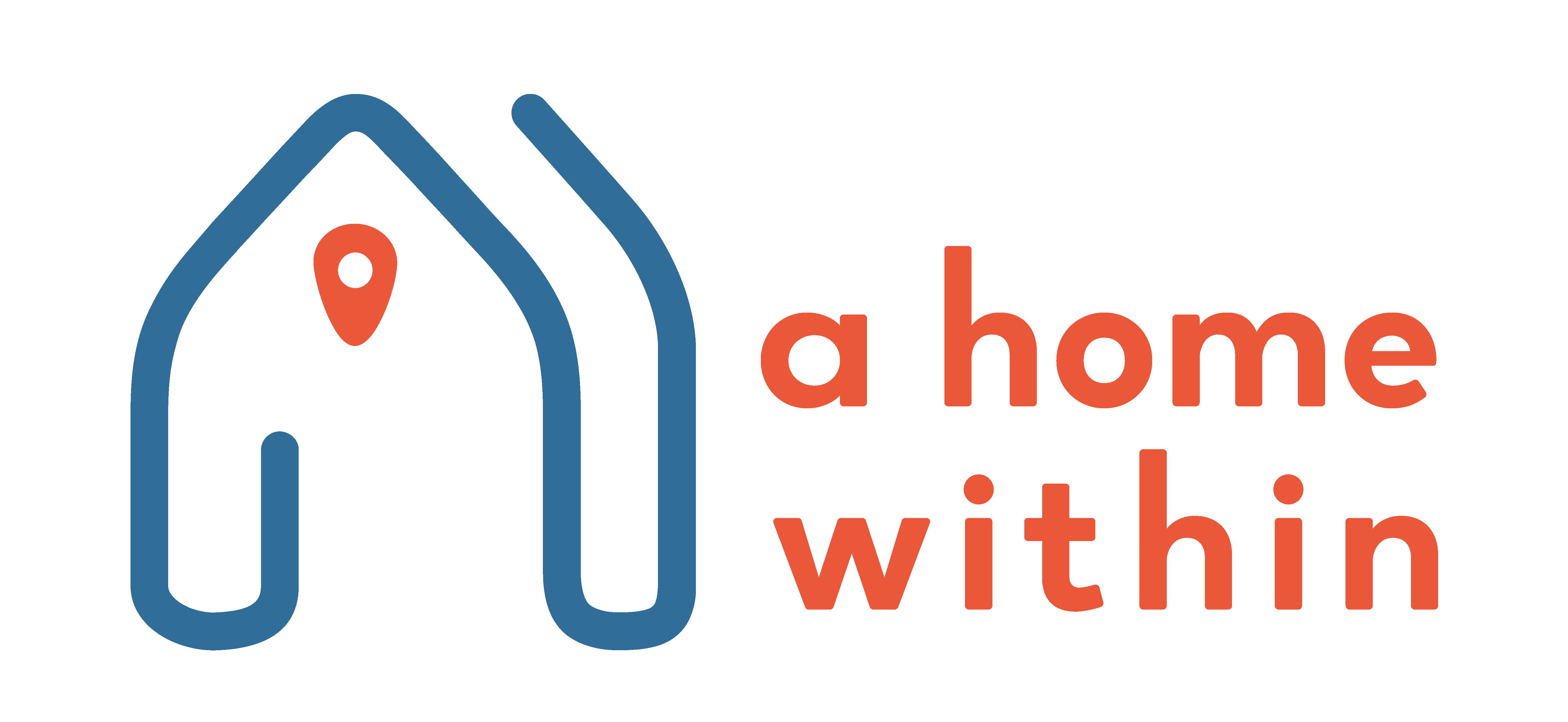Information Hub / BlogMental Health Month
 Last month, settling into my seat for the flight home from a conference, the young man seated next to me briefly recounted the many delays he’d endured in trying to escape the cold of the lingering Midwest winter for a week on the beach with friends. When he asked about my travels I said that I had attended a conference on adoption.
Last month, settling into my seat for the flight home from a conference, the young man seated next to me briefly recounted the many delays he’d endured in trying to escape the cold of the lingering Midwest winter for a week on the beach with friends. When he asked about my travels I said that I had attended a conference on adoption.
“I’m adopted,” he said immediately. Even though he had offered an opening, I wasn’t quite sure how to respond without being intrusive. I asked, “From infancy?” “Yes,” he replied and continued, “Was there a particular theme for the conference?”
I explained that it was a group of people who strongly believed in open adoption. He told me that at the time he had been adopted all records in his state were sealed. Although his mother had had his records opened when he was about a year old, it wasn’t until he was an adult that he initiated contact with her, and later with his biological father and their families. I asked, “And now there are grandparents and cousins?” He smiled, and said, “And a slew of half-brothers and sisters in that family; and I’m an only child in my family!”
After a while I said that he seemed pleased that he had reunited with his biological parents. He agreed that he was, although it was “complicated.” He offered that he thought that most adoptions should be open and that it probably would have been easier for everyone if he had reached out to his birth mother earlier. His primary concern was his sense of how much she had suffered from not having contact or knowledge about him as he was growing up. He thought that it just would have been “more natural” if he had seen his biological relatives periodically throughout his childhood.
It’s not often that I have such a thought-provoking airline conversation and enjoy the coincidence of being offered two lenses on the same topic. The presentations at the conference made abundantly clear the far-reaches of adoption—birth and adoptive families are not confined to parents or siblings, but affect grandparents, aunts and uncles, and cousins. In many cases, the same is true for “reunification.” The young man who shared a bit of his life story with me was not leaving one family or the other behind, but working with both to find a way of having a unified family. Happily, at least at the time we talked, this seemed to be a cause for celebration for all concerned. There are many reasons to celebrate families and many different kinds of families to celebrate!
By Toni Heineman
